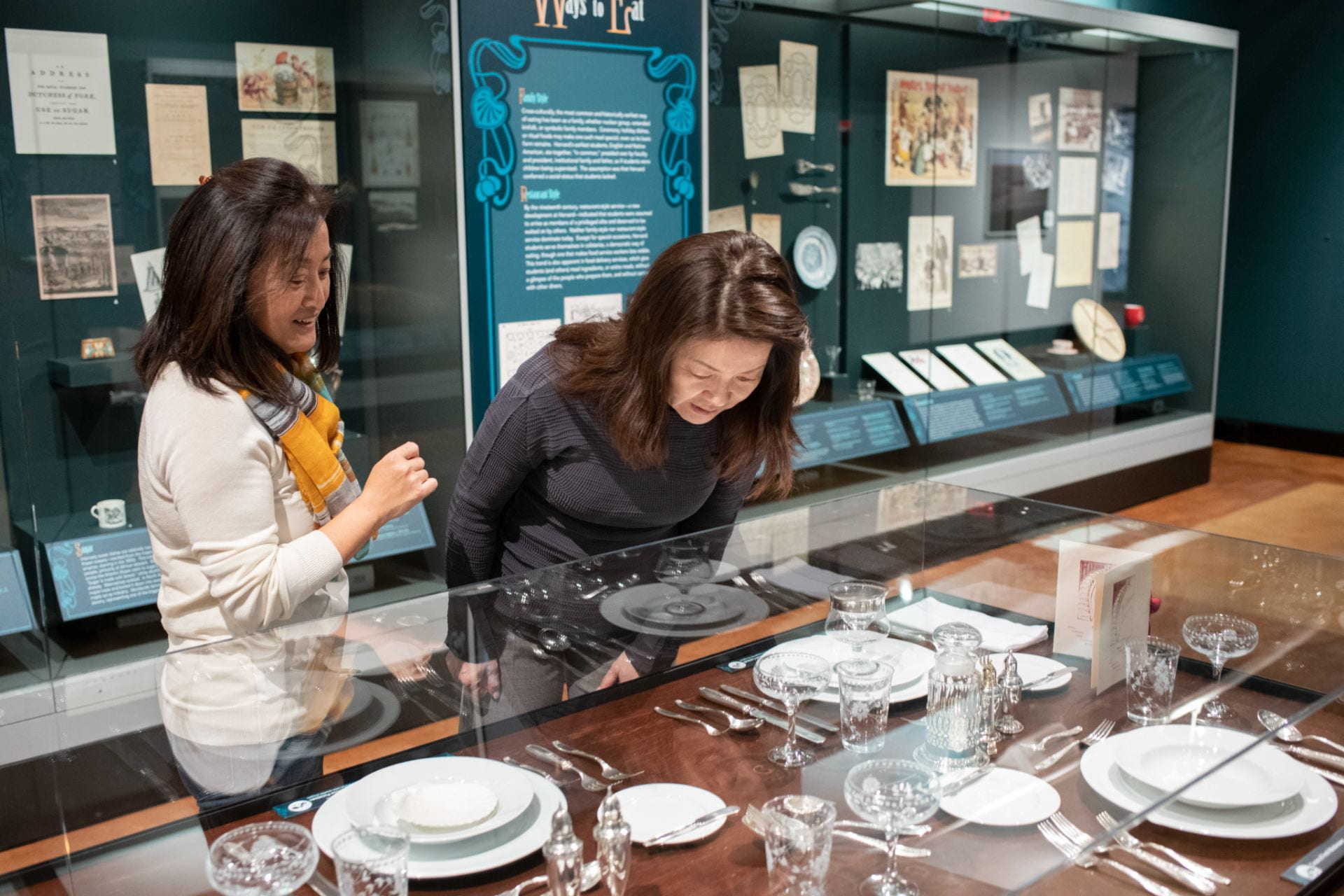September 16, 2022
Carole Hooven, Lecturer, and Codirector of Undergraduate Studies, Department of Human Evolutionary Biology, Harvard University
In conversation with:
Daniel Gilbert, Edgar Pierce Professor of Psychology, Harvard University
While most people agree that sex differences in human behavior exist, they disagree about the reasons. But the science is clear: testosterone is a potent force in human society, driving the bodies and behavior of the sexes apart. As Carole Hooven shows in her book T: The Story of Testosterone, the Hormone that Dominates and Divides Us (Henry Holt & Company, 2021), it does so in concert with genes and culture to produce a vast variety of male and female behavior. And, crucially, the fact that many sex differences are grounded in biology provides no support for restrictive gender norms or patriarchal values. In conversation with Harvard psychologist Daniel Gilbert, Hooven will discuss why an understanding of testosterone can lead to a better understanding of ourselves and one another—and can help build a fairer, safer society.
Evolution Matters Lecture Series
Series supported by a generous gift from Drs. Herman and Joan Suit
To join the program, you will need to download the free Zoom app in advance. If you already have Zoom, you do not need to download it again. For details on how to improve your Zoom experience, visit the How to Attend an HMSC Program webpage
About the Speakers
Carole Hooven, PhD, is lecturer and codirector of undergraduate studies in the Department of Human Evolutionary Biology at Harvard University. She earned her PhD at Harvard, studying sex differences and testosterone and has taught there since then. Hooven has received numerous teaching awards and her popular Hormones and Behavior class was named one of Harvard Crimson’s “top ten tried and true.”
Daniel Gilbert is Edgar Pierce Professor of Psychology at Harvard University and author of Stumbling on Happiness, a New York Times bestseller and winner of a Royal Society Prize for Science Books. He has won numerous awards for his research and teaching, including the American Psychological Association’s Distinguished Scientific Award for an Early Career Contribution to Psychology. In 2008 he was elected to the American Academy of Arts and Sciences.
